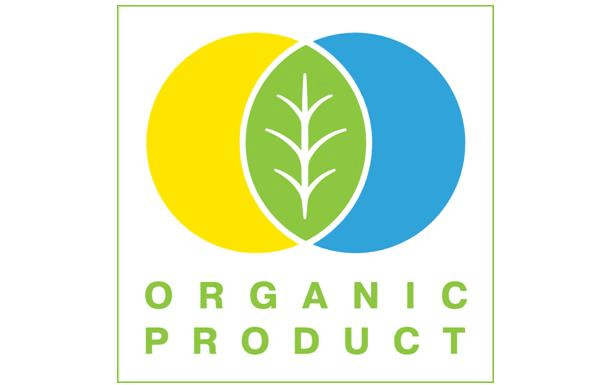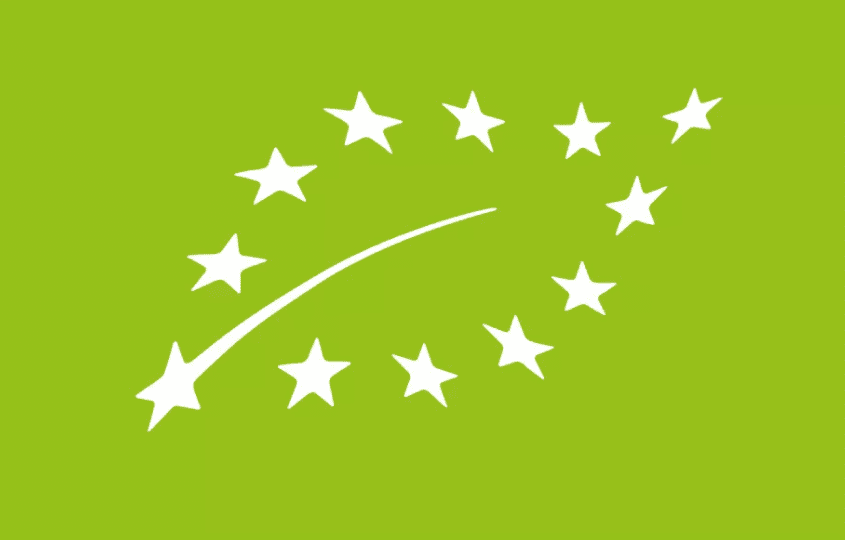Certification of Poultry Farming
Conducting certification of organic production in the field of Poultry Farming is an important direction of our activities, in which we have extensive experience. Precisely, the first project in Ukraine was implemented under the Organic Standard certification.
Organic poultry farming refers to organic production associated with the keeping and breeding (production) of agricultural poultry to obtain products of animal origin in compliance with the requirements of organic standards and regulations.
We have a proven track record in certifying poultry production under international and private standards, including the EU Organic Regulation, both within Ukraine and abroad.
The range of certified poultry products in Ukraine includes laying hens, meat chickens, guineafowls, ducks, geese, turkeys, chicken eggs, and guinea fowl eggs.
Certification involves the thorough verification and assessment of production methods and products to ensure compliance with organic regulations. Upon successful certification, we issue internationally recognized certificates, granting our clients access to premium organic markets.
Organic Standard provides a comprehensive range of services that encompass inspections and certification based on various standards and ongoing support for the Operator during the entire certification process. We place great importance on the expertise of our specialists and continuously enhance their skills and qualifications. As a result, this approach allows us to deliver high-quality service to our clients.
Requirements for Poultry Farming
The general requirements for organic poultry farming are as follows:
- The use of technologies that do not pose harm to human health, ensure animal welfare, and prevent or minimize the pollution of the environment.
- Providing humane treatment to animals by offering living conditions that meet their biological, species-specific, and individual needs.
- Implementation of preventive and precautionary measures at every stage of production, preparation, and distribution.
- Organic animals must be incubated and raised in organic production units.
- Breed selection shall align with the principles of organic production, ensuring high animal welfare standards, preventing any suffering, and avoiding the necessity of animal mutilation.
- Animals shall be fed with organic feed or in-conversion feed that meets their nutritional requirements at various stages of their development. Feed materials derived from plants, algae, animals, or yeast shall be organic. Non-organic feed materials from plants, algae, animals, or yeast, as well as microbial or mineral feed materials, feed additives, and technological additives, may only be used if approved in organic production.
- Coarse feed, fresh or dried fodder, or silage should be included in the daily ration.
- Growth promoters and synthetic amino-acids are prohibited.
- Disease prevention shall be based on breed and variety selection, livestock management practices, high-quality feed, exercise, appropriate stocking density, and adequate and suitable housing that maintains proper hygiene.
- Chemically synthesized allopathic veterinary medicinal products, including antibiotics and boluses with synthesized allopathic chemical molecules, shall not be applied for prevention.
- The use of substances to promote growth or production is prohibited.
- The stocking density in buildings shall provide for comfort, the well-being, and the fulfillment of species-specific animal needs. It depends on the species, breed, and age of the animals and also takes into account their behavioral needs, which depend, in particular, on the size of the group and the animal's sex. Cages, boxes, and flat platforms shall not be used for any kind of farm animals.
- At least one-third of the floor area shall be solid, that is, not of slatted or of grid construction, and covered with a litter material such as straw, wood shavings, sand, or turf. In poultry houses for laying hens, a sufficiently large part of the floor area available to the hens shall be available for the collection of birds droppings. Each poultry house shall not contain more than 3,000 laying hens.
- Birds shall have access to outdoor areas for at least one-third of their lifespan. Outdoor areas for birds shall be predominantly covered with vegetation.
- Waterfowl shall have access to streams, ponds, lakes, or basins, when weather and hygiene conditions allow, to meet their species-specific needs and welfare requirements.
- Any suffering, pain, and stress shall be kept to a minimum during the entire life of the animal, including at the time of slaughter.
- To prevent intensive farming methods, poultry should either be raised until they reach the minimum slaughter age or be selected from breeds known for slow growth and adaptability to outdoor farming.
Organic Standards and Regulations

Organic Legislation of Ukraine
Certification in accordance with the legislation of Ukraine is mandatory for the production and sale of organic products in Ukraine.

IACB Standard equivalent to the EU Regulations
Certification according to the IACB Equivalent EU Organic Production & Processing Standard for Third Countries is currently the only option for exporting organic products from Ukraine to the EU.

EU Regulation 2018/848
Certification in accordance with EU Regulation 2018/848 for exports to EU countries from Ukraine will be mandatory no earlier than 2024.
If you have any questions, please contact our specialist

Olha Akulova
Senior Certification Specialist
